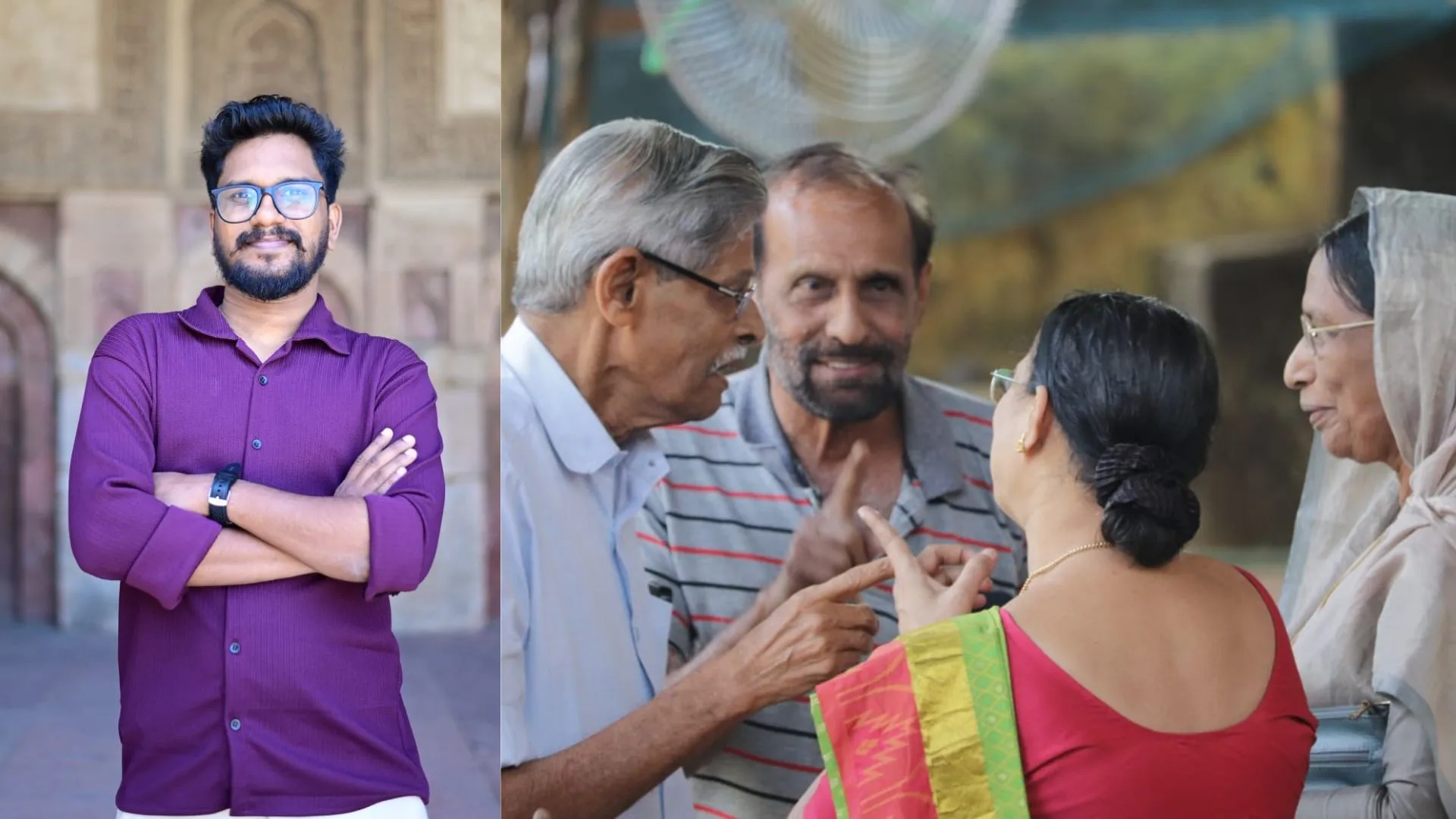As the faltering economy remains a persistent cause of growing discontent among the country’s people, and poor growth persists, another critical issue—malnutrition—continues to significantly impact Pakistan’s disease burden, according to Dawn.
The opinion piece in Dawn emphasized that Pakistan’s lawmakers cannot ignore the fact that malnutrition is a major socioeconomic determinant affecting maternal health, gender empowerment, child marriage, and education.
Malnutrition poses a grave threat to entire communities and the economy.
In collaboration with UNICEF and FAFEN, the Women’s Parliamentary Caucus recently highlighted that malnutrition costs Pakistan approximately 3% of its GDP and noted that the nation has the second-highest rate of diabetes patients.
They stressed the importance of “targeted intervention” with child- and family-related laws and gender-specific social issues to advance meaningful policy changes.
Data reported by Dawn reveals that four out of ten children under five years of age are stunted, 17.7% suffer from wasting, 28.9% are underweight, and 9.5% in the same age bracket are overweight.
An IPC analysis cited by Dawn showed that a staggering 2.14 million children across Pakistan are acutely malnourished, a result of government apathy and reluctance to prioritize nutrition as a political issue.
There is an urgent need for Pakistan to focus on guided hygiene practices, healthcare, and food security. Additionally, campaigns and policies should prioritize education about sanitation, nutrition, and feeding habits among women and children.
Achieving even a minimal reduction in undernutrition and malnutrition indicators requires consistent funding and improvements in the healthcare system to bridge the wealth and poverty divides between rich and poor communities, as well as between rural and urban areas, Dawn stated.
Earlier this month, the Pakistani government and IMF staff concluded the ninth review of the USD 6.5 billion bailout package without reaching a staff-level agreement. The Pakistani government had hoped to persuade the IMF to implement the conditions gradually. However, Islamabad’s expectations were not met during the IMF mission’s 10-day visit to Pakistan.
(With ANI Inputs)





















